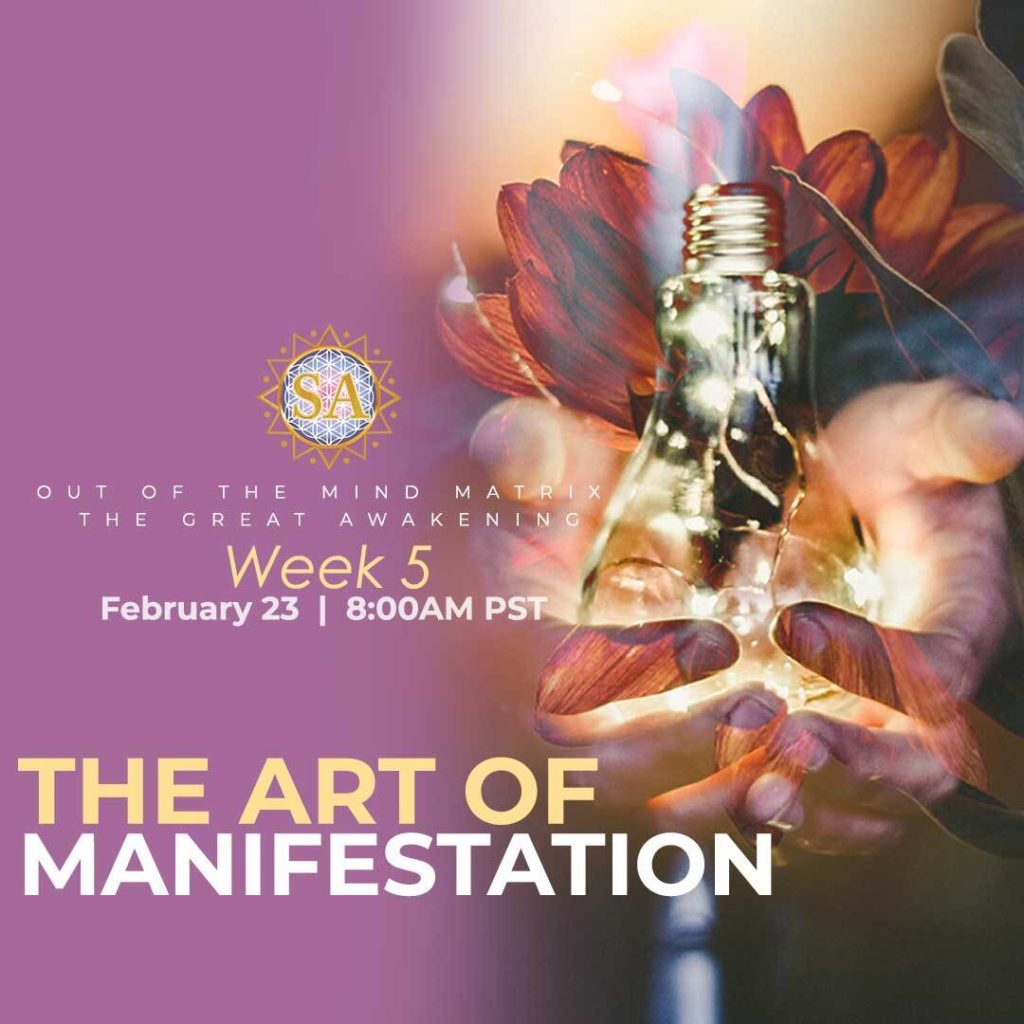We can’t control what we are facing, but we can choose how we face it.
Respond, not react. You have probably heard of this little piece of advice anywhere from internet inspirational blogs to self-help books on how to handle unexpected everyday situations or in-the-moment tension. Yes, responding, not reacting, to outside stimuli is actually the best course of action, not only because it involves mindful and conscious processing of your thoughts and emotions, but also because it allows you to understand the situation from a place of calm and compassion and helps you explore the possible outcomes of your decisions and actions.
While response is a thought-out, mindful approach to circumstances, reaction is typically a quick, rash, and instinctual approach. When you react, you act without much thought, often in anger, frustration, or annoyance, causing a chain of reaction that can spiral out of control. A reactive mindset has a huge impact on your mood, not only in the moment the situation happens, but also for the rest of the day. It can also affect your relationship with your family, with other people, even with yourself. It is because when we react, we usually lash out at anyone who we come in contact with.
Reacting just makes things worse for us, but most of us often spend much of our lives reacting to other people and to events around us. Responding, on the other hand, may take effort, mindful presence, and practice, but it mitigates the negative influence of challenging situations, life crises, and daily hurdles on our thoughts, emotions, and actions.
Responding to things outside your control
Situations and circumstances outside your control always happen in life. Common situations that triggers an emotional reaction include a sudden change in plans, a hectic commutes or a traffic when you’re in a rush, a bad weather ruining your trip, a significant other who doesn’t agree with your opinions, choices, and preferences, your obnoxious coworkers and toxic boss, what you see in social media and hear on the news – the list goes on.
But you do have a choice in how to face both the minor and major events that may happen in your daily life. Learn to respond, not react, in any given set of circumstances. In this way, you are not allowing external realities in life to govern your thoughts, emotions, and decisions. If you are constantly in a reactive state, you just sign yourself up for a lifetime of anger, annoyance, frustration, and angst.
Below are the 5 smart ways to respond to inevitable external circumstances in life. When you actively practice these techniques, you will be able to handle stress and tension effectively in whatever circumstances you may face.
1. Pause and breathe
Pause and take some deep breaths. Deep breathing is a simple strategy that helps release negative energy and create more space between the situation and your action. In that space, you allow yourself to collect your thoughts, observe your feelings and emotions, and understand the situation better, thus allowing your reaction to fade. This gives you a few minutes to be mindfully present, to counteract stress and tension, and to consider the best way possible to handle the situation without getting defensive or judging the situation quickly.
2. Take space
Sometimes, you need to step away from the situation and take the space to process what you are feeling. It could mean a day or a week to cool down and to look at the situation in perspective before making a conscious decision on your next step. This saves you from acting on your anger, saying something you don’t mean, or doing something you later regret.
3. Accept responsibility for your feelings
Accept your feelings – you are responsible for your own feelings, no matter the circumstances. It is not healthy to point an accusing finger at anyone else or blame the situation for making you feel the way you do. Blame game is just making your feelings last longer. You do have control over your emotions and how you respond to certain people and situations. These external stimuli are just triggers and how you react or respond to these triggers is solely based on your own beliefs and expectations.
Emotional responsibility is letting yourself experience certain feelings and emotions and work through them without letting them take control over your decisions and actions. Through this, you’ll be able to effectively and mindfully process and respond to every situation that comes your way.
4. Commit to a positive attitude
You can choose the attitude you take towards the challenging situations in your life. A positive mental attitude helps you see the possibilities and silver linings within a situation and helps you approach your options rationally, consciously, and compassionately. Positive self-talk and optimistic language can lower your stress levels and can better your coping and decision-making skills.
Optimistic attitude does not mean avoiding your negative feelings altogether, it simply means choosing to approach your life circumstances with a positive mindset and not dwelling on the negative for too long. Choose to be a survivor, rather than a victim, of your circumstances.
5. Decide what you can do
Determine which part of the situation you have the power to change or improve, then take action. Stop wallowing in despair, defeat, and self-pity, because it’ll just get you stuck. Empower yourself to move forward by making decisions and taking actions from a place of awareness, compassion, and hope. Like your feelings, there is no situation that is permanent in life.
Learning to respond, not react, in any given situation takes intention, determined effort, and practice. It is a continual process that gets easier over time when you continue to actively work on it. If you are the usual reactive type of person, you need a change of attitude, mindset, and outlook to be able to naturally think, feel, and act in a more solution-oriented, thought-out, and proactive manner.
The more you practice being mindfully present and nonreactive, taking responsibility for your own feelings, and focusing on what you can control, the more you invite responses rather than reactions.
How can Sacred Activations help you better in responding to external circumstances in your life?
Our beliefs, attitudes, perspectives, and expectations directly influence how we react and respond to certain situations.
Supposed you’re an overthinker and pessimist, bad days at the office with your boss may cause your brain to fabricate non-existent catastrophes in your career, leading you into anger, anxiety, and distress, then you take it out on your family results in arguments, and on top of these work and family frustrations are the noisy neighbors, the traffic, the utility bills, the canceled plans. You, being an overthinking and pessimistic person, react to all of these events in anger and frustration and these feelings stack up in every chain of undesirable events that happens in your everyday life.
The point of this example situation is that the root cause of your reactive mindset is your beliefs, attitudes, perspectives, and expectations. What makes you an overthinker and pessimist are the programs that run in your subconscious mind. These programs may result from years of cultural and social conditioning, thinking and behavior patterns, or a system of beliefs that you form through your experiences and interactions with other people.
Sacred Activations will work on the root cause of your reactive behavior. It is a form of Metaprogramming, powered by Source Energy, that clears all your negative subconscious programs, including the programs that make you an overthinker and pessimistic. The sacred energies will work on your core beliefs, perspectives, and mindset that cause you to react negatively to all external circumstances in your life.
Sacred Activations is a holistic energy healing modality that corrects, removes, overwrites, and upgrades your subconscious programming. After you receive the activations, the energies will continue to work on you for days, weeks, months, even years, shifting your belief systems, increasing your present moment awareness and mindfulness, and raising your vibration, so you’ll respond easily and naturally to minor everyday hurdles and major life crisis with positive mental attitude and resilience.
Truly you are more powerful than your external circumstances. You can choose what you do, how you feel, what you think, and what you say about a certain situation. That’s where your power is. That’s where your focus should be. So, work on yourself and be smart on dealing with those external stimuli that are ever present in your life.












